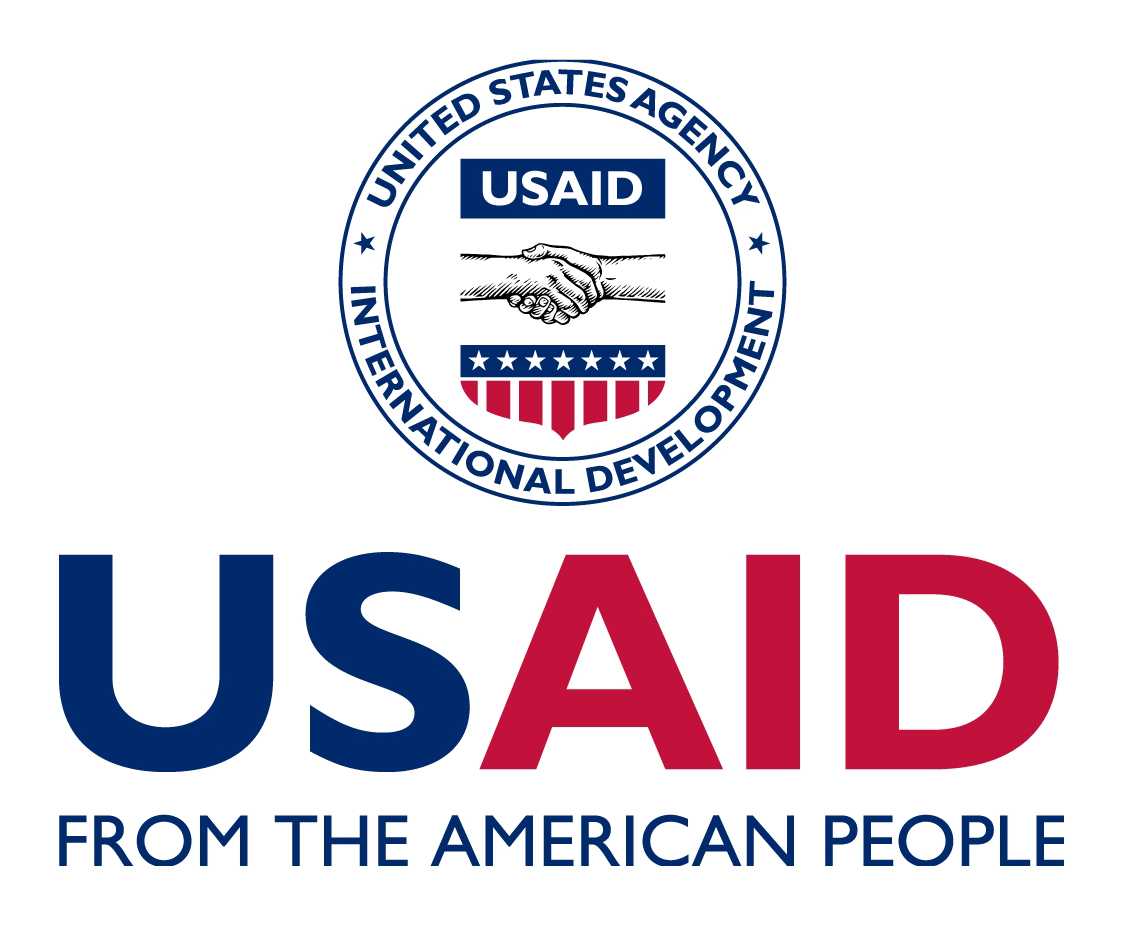ADDIS ABABA –The U.S. Government joined with coffee industry stakeholders to sponsor the Ethiopian Coffee Exporters Association in hosting the 3rd annual International Coffee conference. Developing the coffee value chain is an important part of USAID’s Agricultural Growth Program – Agribusiness Market Development project which supports the organization and promotion of the trade conference.
Ethiopian President Dr. Mulatu Teshome, United States Deputy Chief of Mission to Ethiopia Peter Vrooman, International Coffee Organization Executive Director Robério Oliveira Silva, and the Specialty Coffee Association of America CEO Ric Rhinehart opened today’s third international coffee conference, “Towards Quality and Traceability” with over 300 Ethiopian and international registered participants.
Industry leaders, including Starbucks Coffee Company, Nestle Nescafe Dolce Gusto, Mondelez International and MIDROC-Ethiopia presented new perspectives on business opportunities. The conference is convened yearly to discuss opportunities for and constraints on certifications, genetic mapping, improving quality, capitalizing on Ethiopia’s unique heritage and varieties, and prospects for the sustainable expansion of Ethiopia’s coffee sector and the livelihood benefits to female as well as male small growers or workers in the industry.
The Ethiopian Commodity Exchange (ECX) demonstrated the new traceability system to be rolled out in the coming season for coffee exports. The ECX traceability initiative is a public-private partnership funded with $1.5 million USD from the U.S. Feed the Future program led by USAID in Ethiopia, and $900,000 USD contributed by Nestle, Mondalez and IDH, a Dutch foundation.
At the opening of the conference, Vrooman remarked on the strategic significance of the coffee industry for Ethiopia’s development and growth: “Ethiopia’s coffee export sector has great untapped potential and the U.S. is working to help identify new markets and private sector partners and investors, including from the U.S. Our dual purpose is to not only ensure the expansion of the coffee industry in Ethiopia but also the greatly improved livelihoods of a legion of small coffee growers whose entire families will benefit.”


















